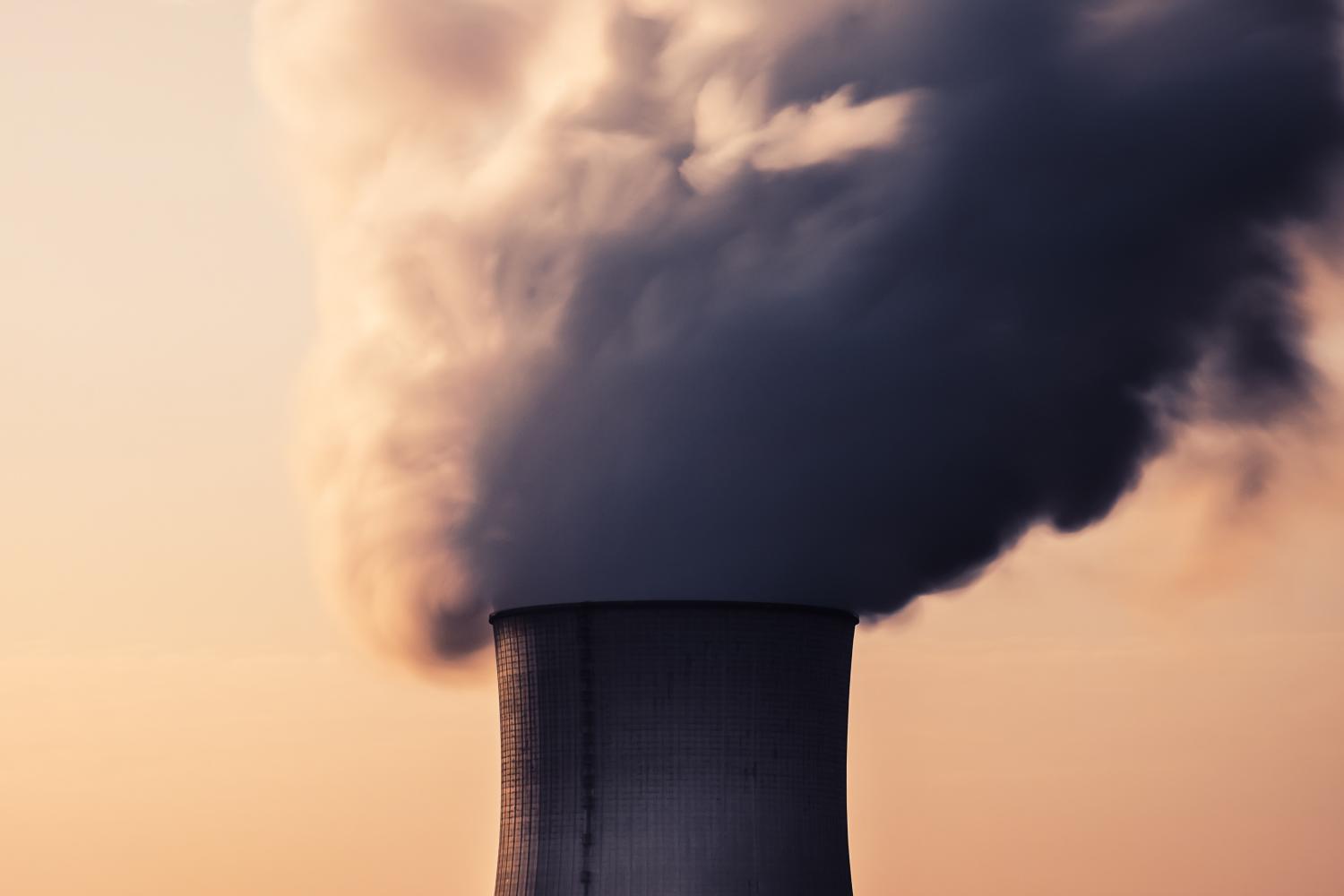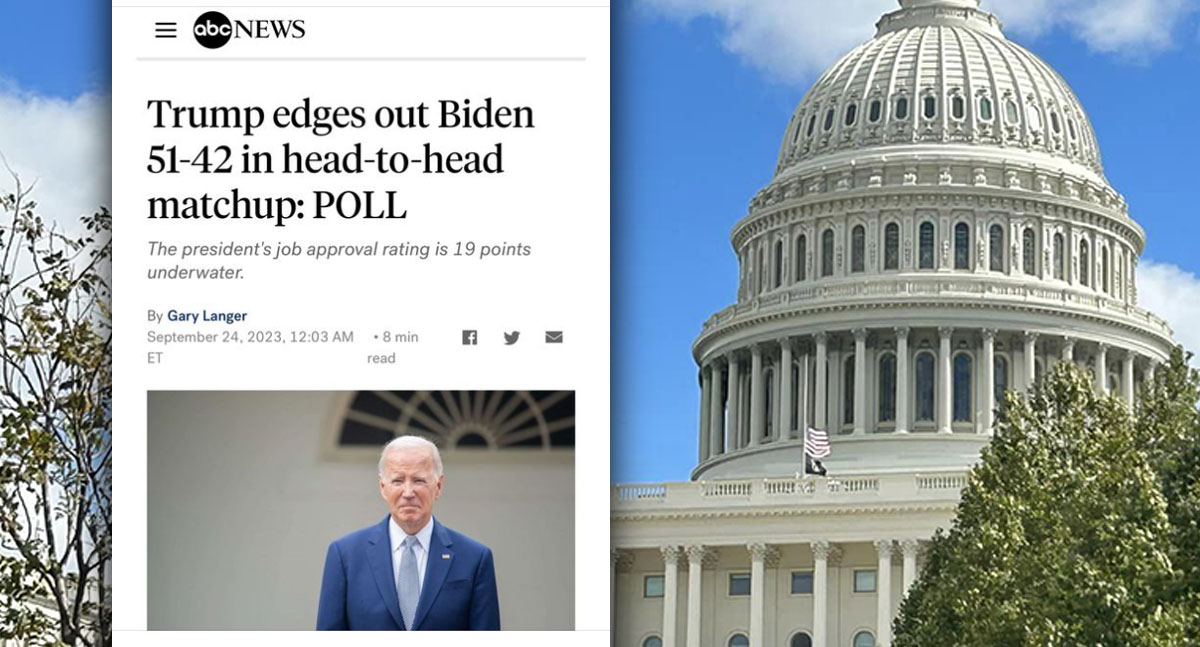
Carbon Taxes: Fine Idea, Terrible Marketing
Photo credit: Thomas Millot on Unsplash
“Carbon tax” is a bit of a misnomer. It is in fact a carbon combustion tax. Or more precisely, a tax on the combustion of carbonaceous fuels recovered from beneath the surface of the earth. The idea behind such taxes is that, by increasing the fuel cost, they cause folk to either reduce the activity for which the fuel is burned, or, where possible, shift to energy substitutes sooner than they might otherwise have done.
Most politicians and others advocating for such taxes invariably focus exclusively on reducing such combustion (and hence CO2 release) in order to slow or stop the warming trend of the planet. While this is indeed a perfectly valid reason for a carbon tax, it is by far not the best reason to cite in any campaign for carbon taxes. In fact, it barely makes third place amongst the list of valid reasons.
There are four main reasons why climate change (formerly known as global warming) is a divisive and ineffective political argument for instituting or increasing carbon taxes:
1. First, it is very long term. The western liberal democracies work on a short electoral cycle, and no issue which is longer than about three electoral cycles has much traction either at the ballot box or in politicians hearts because if the good effects of any decision take a few electoral cycles to be felt, current players will get no credit during their term of office.
2. Secondly, there is vast uncertainty about some aspects of the problem. The halving of the IPCC estimate of the climate sensitivity to CO2 concentration is a case in point. On the other hand, some other gasses have a huge greenhouse effect and are rarely discussed or addressed. Reforestation has made greater gains on the CO2 front than any fuel reduction measure in recent years. Issues of orbital mechanics now also appear important, as does the behavior of the sun. So while there is no doubt about an anthropogenic component to climate changes, within the scientific world there are lots of uncertainties about the weight of each sub-component and the fix.
3. Thirdly, a vast numbers of folk have been persuaded, perhaps foolishly, to doubt the entire climate story and are unlikely to endorse immediate action.
4. Lastly, the nasty, usually unspoken truth about such warming is that there are winners and losers. Of course, with a populous society built upon the way things are now, any thermal deviation from the status quo will have substantially more losers than winners, but there are some winners. And Canada would very likely be a net winner. And yet, we are exhorted to do our utmost to prevent it to help other lands that will be less fortunate, but which themselves may seek exemption from the solutions.
As it happens, there are vastly better and vastly more immediate reasons for imposing carbon taxes. The very best reason is that burning such fuels currently kills about 10 percent of all people who die. The aerosolized particulates from such combustion make up the greatest part of human-produced harmful aerosols. Yes, there are plenty of natural aerosols, but they are mostly salt in the atmosphere from the oceans, and, interestingly, salt is soluble in water, so if one breathes it in, it just dissolves into our interstitial fluid, adding a bit more salt to the blood, to be excreted by the kidneys. The human-made particulates are the vast bulk of the dangerous ones, and, of those, most come from burning carbon-based fuels. Lesser amounts come from other industrial processes.
According to WHO data for 2016, of the 55.3 million people who died that year, more than 7 million were killed by these human-made aerosols, implying that perhaps 4-5 million a year are killed by the particulates from burning oil, coal and gas. That’s two holocausts every three years! I have reviewed the WHO methodology for making these estimates, and while, like most epidemiological research, it does have some conjectural aspects, the methodology is generally sound and not slanted. So broadly, the figures are likely fairly accurate. That is a damned good reason to cut back on burning those fuels right away. Furthermore, particulate distribution tends to be concentrated near the originating source, so if we cut back, the improvement in health and longevity will be greatest near the point of cutback. That means our actions will differentially benefit us and our near neighbours rather than being uniformly distributed worldwide.
The second-best reason for avoiding burning those fuels is that they are also the feedstock for making enormously useful chemicals, polymers and plastics, and we’ll likely have a need for these things for thousands of years. Burning up the feedstock for them in the short run to heat our houses is a bit like burning your antique furniture in your fireplace to heat the living room, which is perfectly reasonable in an extreme emergency, but a truly stupid plan for a normal routine.
These latter two reasons for a carbon tax are more obvious, more saleable and less divisive than the one folks mostly talk about. Why are our politicians and other public figures focusing on the only reason that is a hard sell? My guess is because they are scientific illiterates, but I’m sure there is a more charitable explanation somewhere.
 Dr. John Scott Cowan is the Principal Emeritus of the Royal Military College in Kingston.
Dr. John Scott Cowan is the Principal Emeritus of the Royal Military College in Kingston.
He holds an MSc and PhD in Physiology. He has served in a number of prominent
university positions including that of Vice-Rector of the University of Ottawa and as
the Senior Advisor on Labour Relations and Human Resources issues to the Association
of Universities and Colleges of Canada. He has received both the Queen’s Golden Jubilee
Medal (2002) and Diamond Jubilee Medal (2012), the Canadian Armed Forces Medallion
for Distinguished Service in 2008, and the Sovereign's Medal for Volunteers in 2018.










